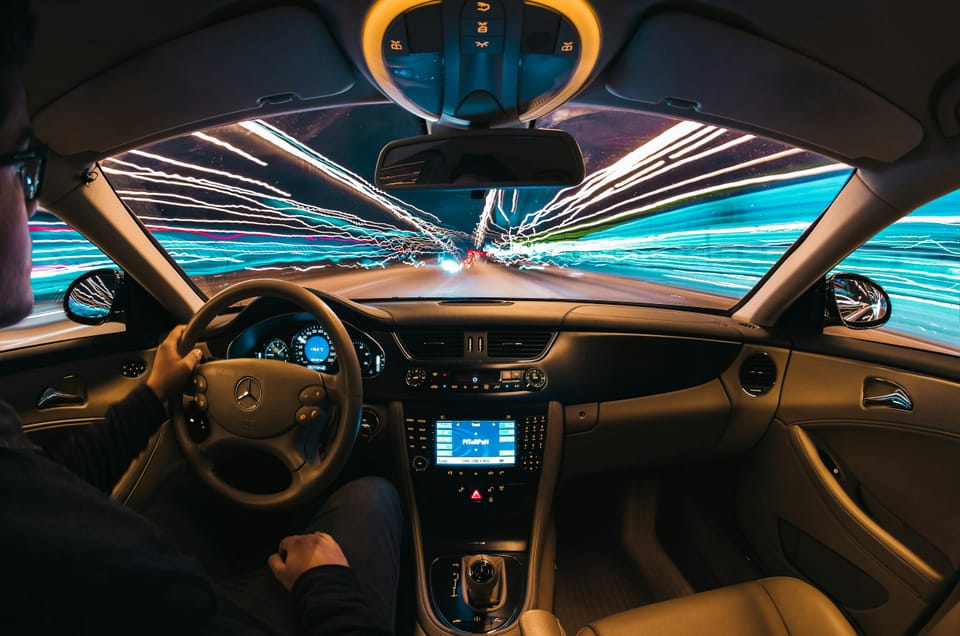Most carmakers ‘not committed’ to electrification and just transition
1.3 million workers are employed in companies with no commitment to re-skill their workforce for EV production.

New analysis of the world’s top 30 carmakers suggests that the majority is failing to invest in electrification business models and to engage with workers on the just transition.
The assessment by the World Benchmarking Alliance reveals a lack of financial commitment in the climate transition, despite the availability of low-carbon technologies and a generally favourable regulatory environment.







